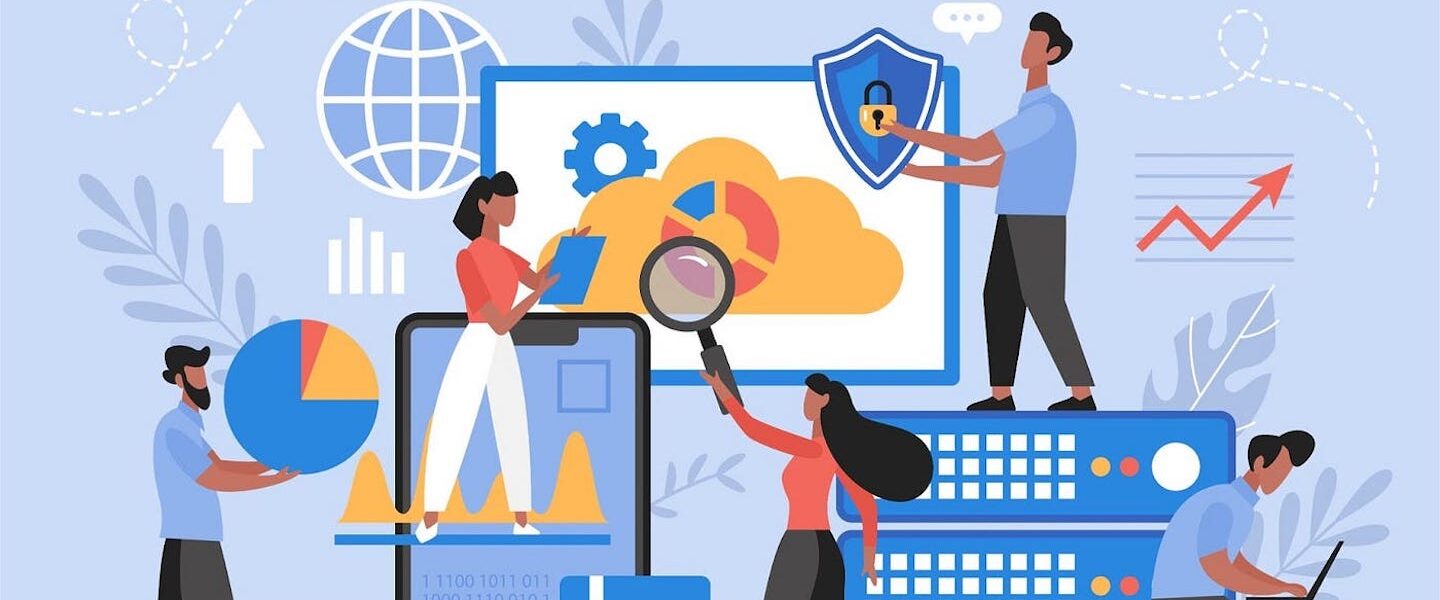
by: Leah Haynesworth and Sithu Thein Swe
The Top 10 Ways to Do Good with Data
Data Scientists: The Unlikely Storytellers
As a team of social impact geeks, we love hearing about new, effective ways to create social change. Consequently, we recently sent two of our team members, Sithu and Leah, to the Do Good Data Conference in Chicago. The Conference, which took place from April 28-29, 2016, brought together over 800 individuals to learn about the present and future of data usage in the social sector. The conference sessions encompassed a wide range of topics, from “Pay for Success: Funding programs that measurably change lives” to “Unlocking the ‘So What?’: Better Data to Advance the Social Mission of the Arts” to “Dashboards and Databases: How Google Can Help.”
After taking time to digest all of their learnings, here are Sithu and Leah’s top 10 takeaways from the conference:
- Share learnings from your work – both positive and negative – to support the social sector’s development.
- The next steps for foundations are managing information as well as producing and sharing knowledge, according to Bradford Smith, President of the Foundation Center. While there are great resources for the social sector, such as IssueLab, foundations should discuss their learnings with their grantees and peers.
- Move beyond Excel.
- Excel is an oft-used tool in organizations’ analytical toolkits. However, there are other solid options to collect, store, report, and analyze data, including Tableau, R, and Python.
- Much of project feasibility is the ability to evaluate the project.
- When launching a pay for success program, some key elements to consider are: outcome, populations, the organization’s quarter by quarter expenses for the next six to seven years, and accessing data for evaluation. Key term: “evaluability.”
- Use data to drive narratives.
- Understanding and clearly communicating data are crucial in creating impact. “Your next role in life as a data scientist is a data storyteller.” – Steve MacLaughlin, Director, Analytics, Blackbaud
- Data is only useful if it is relevant.
- “Data analytics and visualization are great and much needed, but if your data are bad or incomplete, or your outcomes are inappropriate, then all you have are pretty graphs.” – Fluxx
- Data is not a panacea.
- “You can’t solve everything with data; it’s not magic” – Jake Porway, Founder & Executive Director, DataKind. For more from Jake Porway, read his article, “Five principles for applying data science for social good.”
- Start with the ends in mind.
- When using data, it is critical to clarify the problems on which to focus, determine the right questions to ask, and understand the aim in using the data. Otherwise, it’s far too easy to become overwhelmed by the data.
- Create mindshifts in how your organization talks about data and its purpose.
- Creating a data-driven culture isn’t easy, but Erika Van Buren, Director of Learning & Evaluation at First Place for Youth, takes a great approach. She works with team members almost like clients by supporting them from the initial program development phase and collaborating with them throughout the process.
- Are you ready and willing to make the tough decisions needed to be a data-driven, impact-oriented organization?
- During the conference’s first keynote session, a leader from a prominent foundation said: “In 20 years, I’ve never seen data change anything. It takes courageous leaders to make the changes.”
- “Data science is easy; the ethics of prediction is hard.” – Tom Schenk, Chief Data Officer, City of Chicago
- As Stephen Goldsmith, Professor of Practice at Harvard Kennedy School, mentioned, there are soft biases in all of our decisions. With data algorithms, however, we can make the biases explicit, transparent, and open for public feedback and iteration.
The conference sessions revealed the vast implications for data use in the social sector. Judging by the continual growth of the conference, the social sector as a whole is aware of the importance of data. What does this mean for your organization? How do you use data to inform your work and further your impact?
